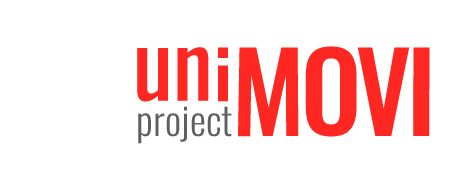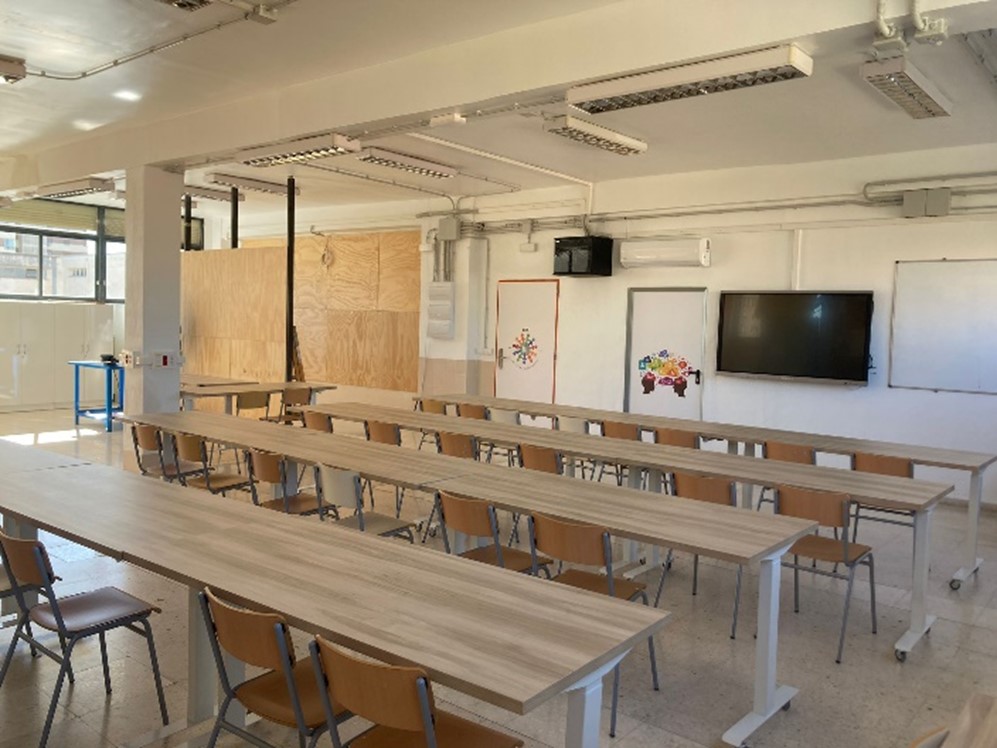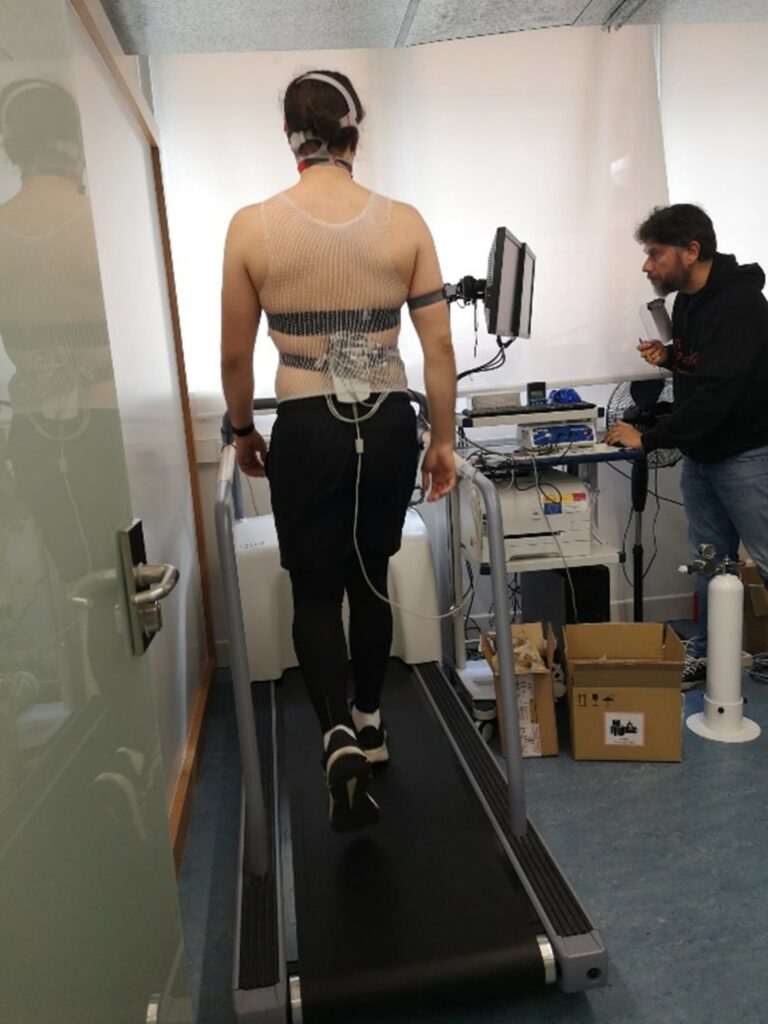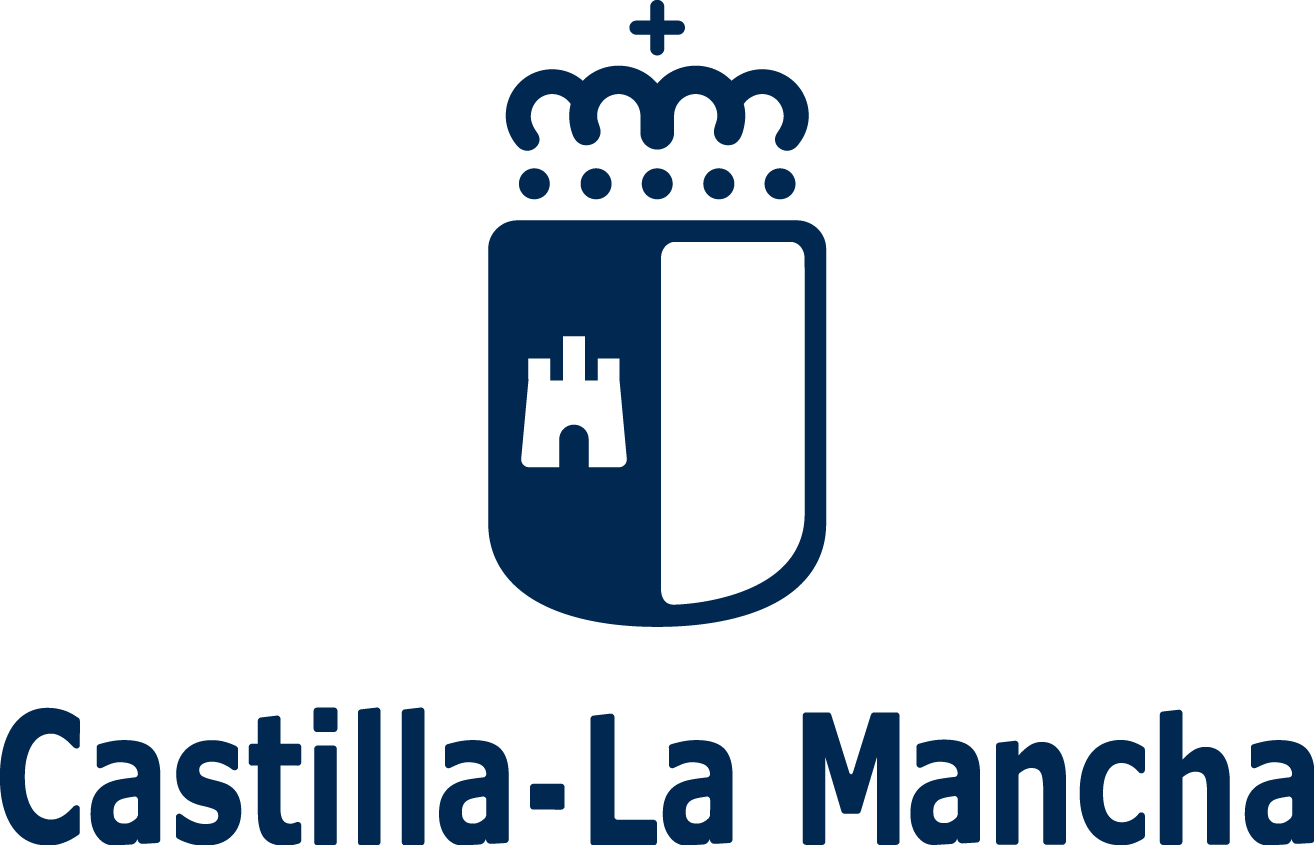

Project Uni-Movi
(Movi-Step and Movi-UP)
and Uni-UP
abstract
Uni-Movi: Generation Z, which is entering the Spanish university system, has a lifestyle that is completely different from previous generations.
The so-called “digital natives” are born in a time of economic growth, economic crisis, and recently an unprecedented global pandemic in the last century, whose impact on health is yet to be evaluated.
In Spain, approximately one in three young people between the ages of 18 and 24 is currently enrolled in a university degree. Considering the numerous health risks associated with sedentary behaviors and excessive screen use, it seems reasonable to test the efficacy of scalable interventions aimed at improving movement-related behaviors. These interventions are expected to provide evidence for preventing obesity and cardiometabolic disorders, as well as improving physical and mental well-being in this population, which has traditionally been overlooked in terms of health.

Objectives: To test the efficacy and feasibility of two interventions, Movi-Step and Movi-UP, and the scalability of Movi-Step, aimed at improving physical and mental well-being by reducing sedentary behavior.
Design: A four-arm randomized controlled trial of efficacy and feasibility: control group, Movi-UP intervention (attending class at standing desks), Movi-Step intervention (increasing steps through an app and physical activity bracelet), and Movi-UP combined with Movi-Step intervention.
The main objective of Uni-UP is to test the efficacy of an intervention to remain standing in the classroom to improve body composition, cardiometabolic risk, physical fitness, and mental health in university students.
The main objective of Uni-UP is to test the efficacy of an intervention to remain standing in the classroom to improve body composition, cardiometabolic risk, physical fitness, and mental health in university students.
Secondary Objectives: To examine the cardiometabolic profile, estimate the difference in hourly energy expenditure between attending class at a traditional desk and a standing desk, assess the acceptability of the intervention, and, using a qualitative approach, explore the barriers and facilitators for the development and implementation of the intervention by academic authorities, faculty, and students..
Methods: Following the 2021 recommendations of the Medical Research Council for the development and evaluation of complex interventions, a three-phase study has been designed, sequentially integrating: i) a development study; ii) a crossover pilot and feasibility study; and iii) a one-year non-randomized implementation study involving two nursing faculties, one as the intervention group and the other as the control group.Participants in the Implementation Study: First-year nursing students from the faculties of Toledo (n = 125, CG) and Cuenca (n = 125, IG) will be followed for 9 months.
Intervention: Uni-UP classroom equipped with standing desks.

Outcome variables:
Body Composition (measured by DXA), mental health, executive function, physical fitness and oxygen consumption during classes.
Outcome variables:
Body Composition (measured by DXA), mental health, executive function, physical fitness and oxygen consumption during classes.
Participants
Funding






Funding






Status
In progress…

